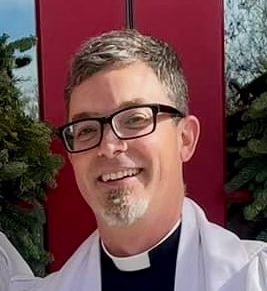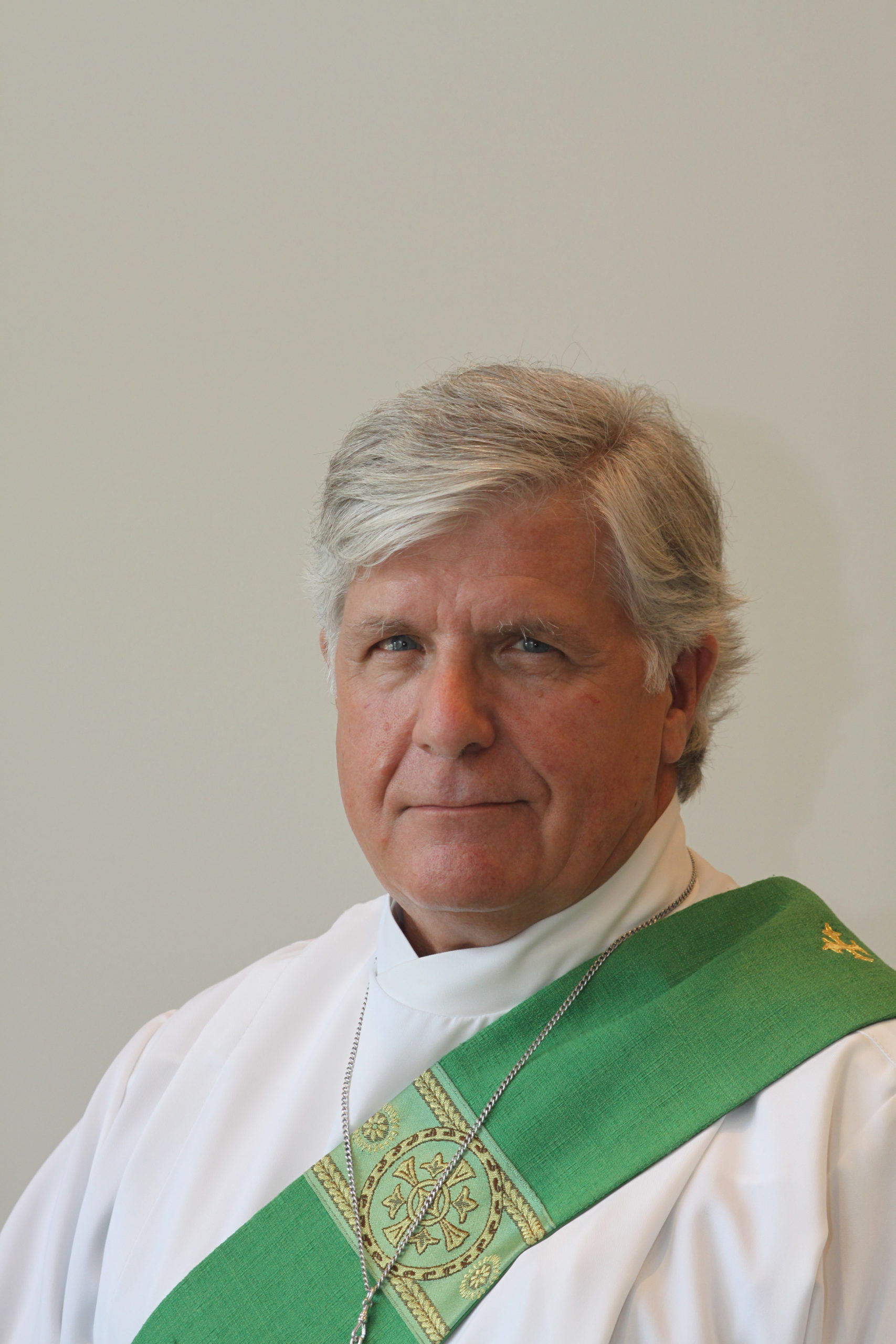Our Beliefs
Holy Trinity’s core beliefs are firmly planted in the mainstream of historic Anglican thought and practice. These beliefs include:
Jesus Christ is the Way, the Truth, and the Life: No one comes to the Father but by Him. The Holy Bible, Old and New Testaments, is the inspired Word of God, containing all things necessary for salvation, and to be the final authority and unchangeable standard for Christian faith and life. Baptism and the Lord’s Supper (Eucharist) are the Sacraments ordained by Christ Himself in the Gospel, and thus are to be ministered with unfailing use of His words of institution and of the elements ordained by Him. The historic faith of the undivided church as declared in the three catholic creeds: the Apostles’, the Nicene, and the Athanasian Creeds. We receive The Book of Common Prayer as set forth by the Church of England in 1662, together with the Ordinal attached to the same, as a standard for Anglican doctrine and discipline, and, with the Books which preceded it, as the standard for the Anglican tradition of worship. We receive the Thirty-Nine Articles of Religion of 1571, taken in their literal and grammatical sense, as expressing the Anglican response to certain doctrinal issues controverted at that time, and as expressing the fundamental principles of authentic Anglican belief.
Our Story
Holy Trinity Anglican Church began as a small gathering of couples seeking to hear God’s voice and satisfy a deep spiritual hunger. Initially meeting in homes on Wednesday nights for prayer, Scripture study, meals, and fellowship, the group experienced a growing sense of excitement and a call to surrender more fully to God’s will. Over time, they unanimously discerned the Holy Spirit’s leading to plant a church in the Metro-Jackson area. With guidance from Bishop T. J. Johnston and David Young of St. Andrew’s Church in Little Rock, Holy Trinity was officially formed. Today, the church continues to grow in both numbers and spiritual depth, striving to follow Christ and mature in grace and knowledge of the Lord.
Rooted in Scripture, Holy Trinity is committed to proclaiming the truth that salvation is found in Jesus Christ alone. The church embraces a liturgical style of worship grounded in Scripture and represents the convergence of three streams: scriptural, sacramental, and spirit-filled. These streams flow together into one river of life, shaping a vibrant community focused on worship, fellowship, and mission. Located in the Jackson metropolitan area, Holy Trinity seeks to encounter and share the love of the Triune God locally, throughout Mississippi, and to the ends of the earth. As a member of the Anglican Church in North America (ACNA) under the Anglican Diocese of the South, Holy Trinity is part of a global communion of Anglicans united in faith and mission.
Our Worship
Liturgy, meaning “the work of the people,” invites active participation in worship, engaging believers in every sense—seeing, hearing, touching, tasting, and smelling. Centered on the Holy Eucharist, liturgical worship allows participants to experience the drama of the Gospel each time they gather, fostering a deep, personal connection to the act of worship. Far from being spectators, worshippers engage their hearts, minds, and bodies, creating a shared experience that transcends time, culture, and language, connecting Christians across the globe in Spirit and Truth.
In contrast to the fast-paced modern world, liturgical worship calls for a slowing down, encouraging humility and reflection. Actions such as kneeling, making the sign of the cross, or receiving anointing with oil connect worshippers to ancient traditions and profound spiritual truths. The bread and wine of Holy Communion nourish believers with the sustaining presence of Christ, reminding them of God’s provision and love. Through these practices, liturgy shapes not only the worship service but also the hearts and lives of those who participate.
Vestry Members
Bill Mosby, Senior Warden
Bob Rives, Junior Warden
B.G. Allen
Amy Ashcraft
Randy Belton
Jonathan Koefoed
Jenny Mitchell
God cannot give us a happiness and peace apart from Himself, because it is not there. There is no such thing.
True worship is open to God, adoring God, waiting for God, trusting God even in the dark.
Calvary’s saving power does not depend on faith being added to it; its saving power is such that faith flows from it.








